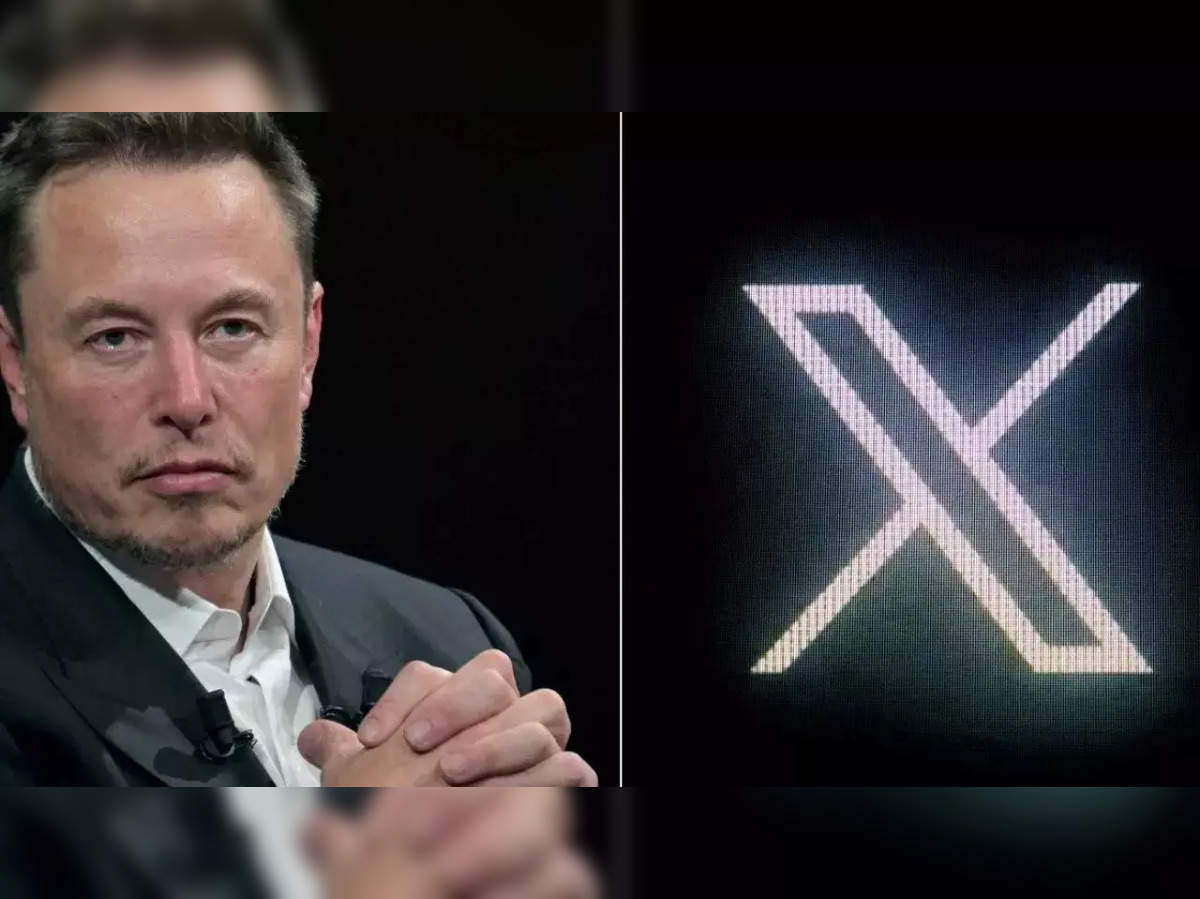adverts
Elon Musk has announced plans to offer free emergency access to SpaceX’s Starlink satellite internet service for individuals in areas without cellular coverage.
The proposal, shared by Musk on his social media platform X, is aimed at providing a lifeline to those who find themselves stranded in remote locations.
“This could help a lot of people if they are stranded in the wilderness,” Musk posted on X. He further confirmed that Starlink would offer this service to people “in distress” worldwide, pending approval from relevant governments.
adverts

Musk emphasized the importance of ensuring that no one is left without help due to an inability to pay for the service. “Can’t have a situation where someone dies because they forgot or were unable to pay for it,” he added.
While Musk provided limited details, his proposal coincides with SpaceX’s ongoing efforts to secure approval from the Federal Communications Commission (FCC) for a partnership with T-Mobile. The initiative seeks to deliver “satellite direct-to-cellular service” to users in areas lacking cellular coverage. A letter submitted to the FCC by SpaceX describes a successful test of the system, connecting consumers and first responders in a variety of environments, from rural landscapes to dense urban areas.
The collaboration between SpaceX and T-Mobile is also aimed at enhancing Wireless Emergency Alerts for all users, including those not on the T-Mobile network.
However, SpaceX’s competitors, AT&T and Verizon, are less enthusiastic about the plan. Both companies have partnered with rival satellite provider AST SpaceMobile to develop similar services. Earlier in August, AT&T requested that the FCC reject Starlink’s proposal to operate its satellites beyond normal radio frequencies, citing potential interference with existing mobile services on Earth.
Apple already offers a comparable service through its iPhones. In areas without cellular coverage, iPhones can activate an SOS mode, allowing emergency calls via other networks. If no carrier is available, users can utilize “SOS via satellite” to text emergency services, provided they are outdoors with a clear view of the sky. Apple’s service is free for two years after the activation of iPhone 14 or later models.


